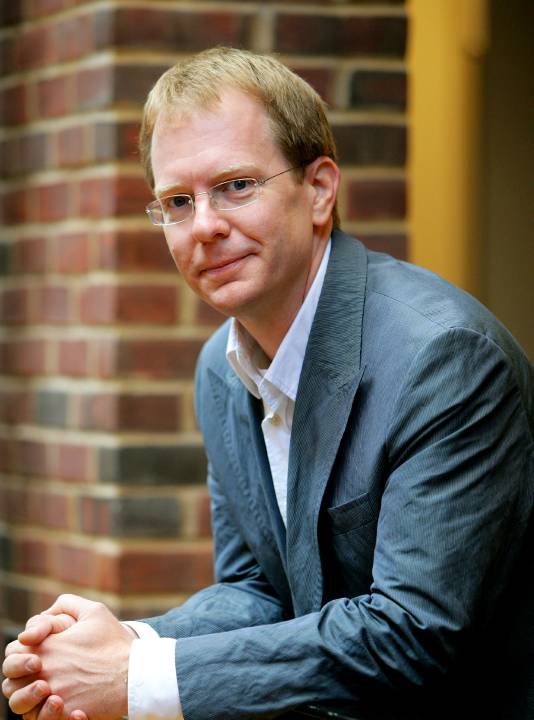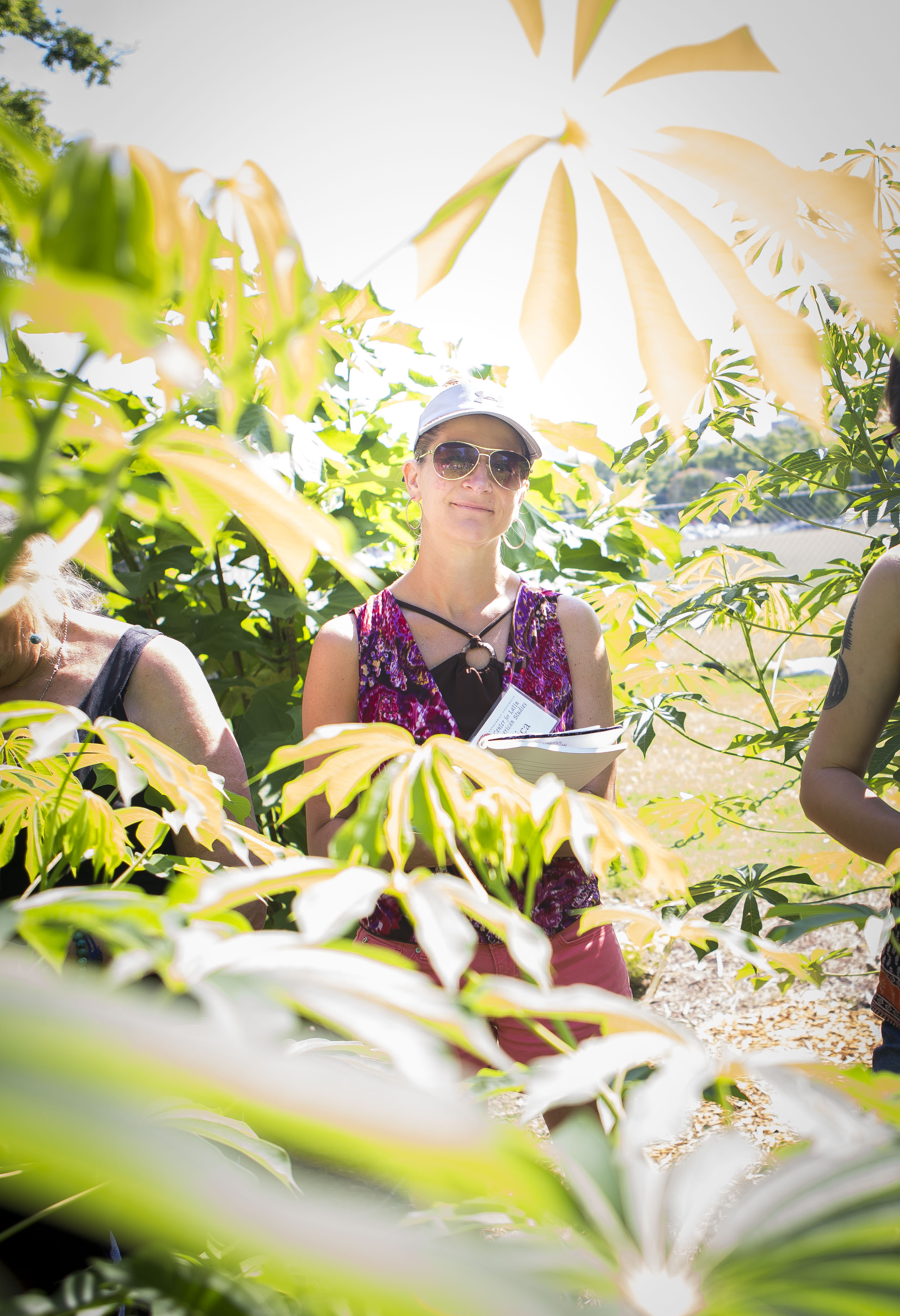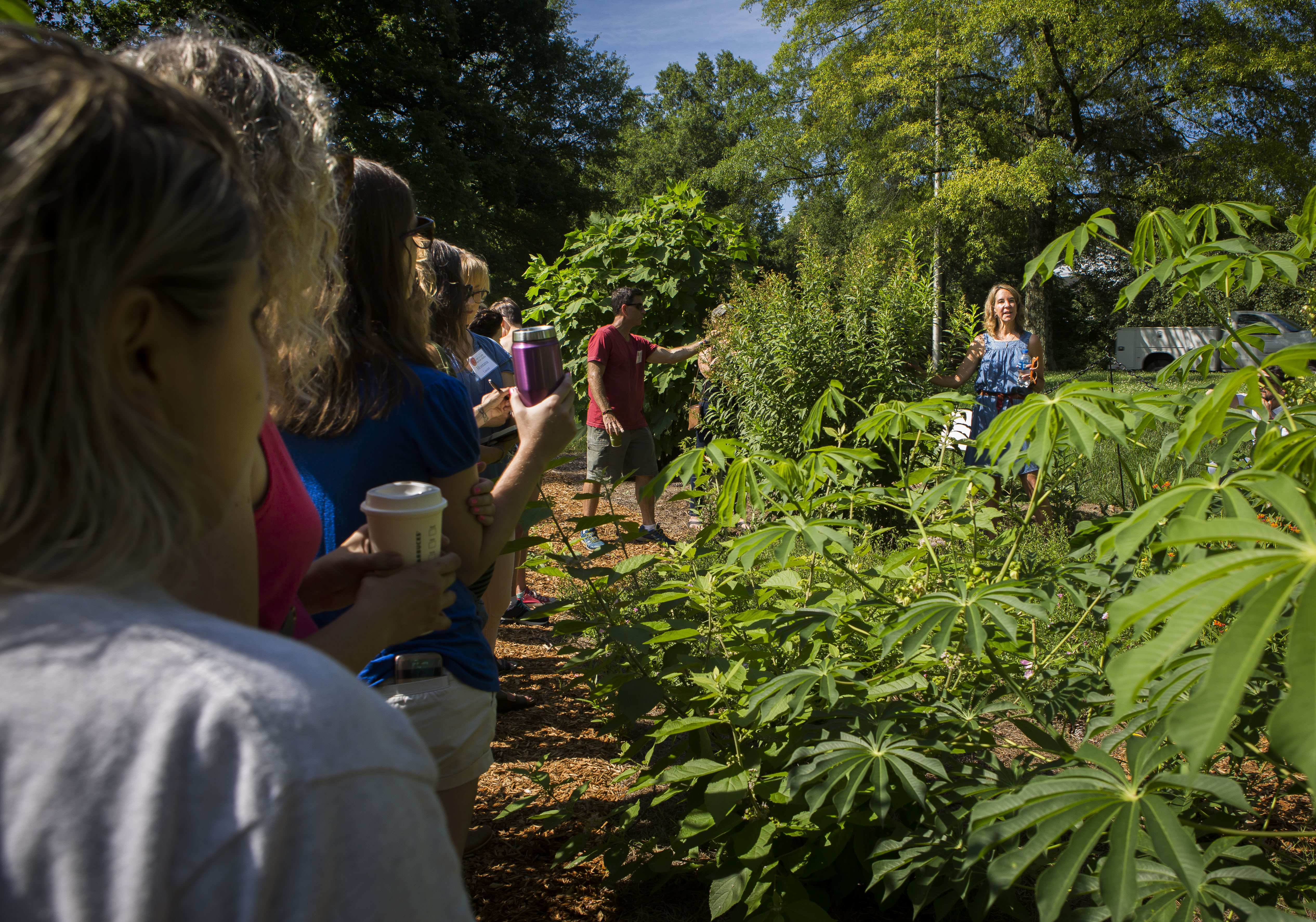Vanderbilt's Center for Latin American Studies (CLAS) has launched an interdisciplinary summer institute that is helping K-12 teachers enhance their skills in teaching students about environmental issues such as climate change. The training, which is tailored for teachers in the STEM fields, seeks to help teachers and students make the connection between environmental concerns in Latin America and their impact on the larger world.
CLAS partnered with sister centers at Tulane University and the University of Georgia to develop the four-year series of trainings, the first of which was held June 24-27 at Vanderbilt and focused on the impacts of deforestation, water access, environmental politics and sustainability in Latin America.

"Climate change is one of the most important issues facing our global society today. Younger generations are very interested in it and want to arm themselves with this information," said Avery Dickins de Girón, executive director and senior lecturer for CLAS. However, it is also important that students understand these issues within the Latin American context.
"We are intimately connected to Latin America [or Central America] in so many ways, from trade and migration to the environment and our common histories," said Ted Fischer, Cornelius Vanderbilt Professor of Anthropology and director of CLAS. "In this context, it is more important than ever that our students learn about the larger world to which our shared futures are linked."
In order to make this training experience widely available, CLAS offered a highly subsidized registration fee as well as travel scholarships. As a result, this year's institute welcomed a diverse group of teachers from 13 different states, representing 12 disciplines.
Throughout the four-day event, teachers attended lectures led by specialists from Vanderbilt, University of Georgia, Texas State University and the University of Oregon, engaged in hands-on activities and discussed curriculum development strategies that will enable them to take what they learned back to their classrooms.
Jennifer Devine, an assistant professor of geography at Texas State University, taught about how drug trafficking contributes to deforestation. In addition, she pushed participants to think critically about factors driving migrant caravans from Central America. For example, many of the immigrants are leaving due to droughts caused by climate change.

Lectures such as these offer the added benefit of helping teachers better understand their student population.
Regarding Devine's class, Outreach Coordinator Colleen McCoy noted, "Many of our participants teach students from Central America and are very interested in understanding more about the history, culture, and current issues of their countries. Metro Nashville Public Schools, for example, has recently experienced a significant rise in students coming from Guatemala."
Institute attendee, Kelli Bivins, teaches English for Speakers of Other Languages at Cedar Shoals High School in Athens, Georgia, where the majority of her students are newly arrived from farms in Mexico and Central America. Bivins felt the information gained from these workshops better positioned her to "serve and advocate" for her students.
Beyond lectures, teachers got to tour Vanderbilt's Latin American Garden where they learned about how plants affected the history and culture of Latin people. The Night Blooming Cestrum, for example, reduces inflammation and is effective as a pain reliever. A tea made from the bark is also used as a sleep aid. "Time spent at the garden is always fun for teachers, passing leaves around to smell and chew," said McCoy. "There are so many different ways to incorporate plants into the classroom."
As a National Resource Center, the mission of CLAS is to help U.S. teachers incorporate Latin America into the classroom. So, the teachers were not only educated and inspired, but they left with concrete lesson plans and methods for teaching these principles themselves. Participants mapped the drivers of Central American migration and discussed strategies for using research from the Latin American Public Opinion Project to create group projects for their students.

"In our institute we try to hit the standards that the teachers have to teach, but provide the teachers with a unique way to reach those standards," said Dickins de Girón. Teachers are excited to have new interdisciplinary ways to teach topics they have been covering for years.
"Outreach programs like this do the important work of taking the knowledge generated at Vanderbilt and make it accessible to the general public, and K-12 teachers in particular," said Fischer.
For Bivins, "the best part [of the institute] is that the learning will not stop. One of the leaders is creating a virtual, professional development course we can attend throughout this coming year. Plus we have three more years of the institute!"






